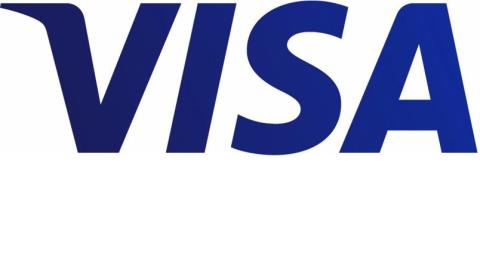Visa has completed its inaugural commercial variable recurring payment (cVRP) using its account-to-account (A2A) payment service in the UK. This transaction, designed to showcase the payment of an energy bill to Utilita, was facilitated through Visa’s A2A open industry model.
In the UK, consumers typically handle recurring payments and subscriptions via Direct Debit. However, research from Visa indicates that 60% of UK consumers are open to exploring alternative methods if available. The company emphasizes that its A2A service offers a viable option for both businesses and consumers. Users benefit from immediate payment confirmations, increased transparency, and enhanced control over their recurring payments.
Furthermore, Visa’s A2A solution introduces improved consumer protections akin to those found in traditional card payments, including a dispute resolution process that assists consumers in recovering funds if issues arise.
This initiative aligns with the principles of open banking, as banks and industry stakeholders collaborate to establish standards and regulations governing cVRPs. The Visa A2A framework is designed to be adaptable across various applications and sectors, particularly focusing on bills, subscriptions, and low-risk eCommerce.
The pioneering transaction was initiated by Tink, Visa’s open banking subsidiary, on behalf of the payer, with Kroo Bank facilitating the payment directly from the user’s bank account through the UK’s Faster Payments Service. Visa then orchestrated the transaction within its A2A framework, providing the operational model, liability setup, dispute resolution, and user experience guidelines. Ultimately, Utilita demonstrated the creation of the commercial variable recurring payment mandate through its application.
Mark Wilcocks, Vice President and Head of Products and Solutions for Visa UK & Ireland, stated, “This marks a significant advancement in UK payments innovation, with the launch of the first commercial variable recurring payment transaction powered by Visa A2A. This achievement illustrates how collaboration within the industry is revolutionizing the management of recurring payments for consumers and businesses alike.”
He added, “For consumers, this means enhanced control, transparency, and security when settling bills—eliminating unexpected changes or delays. For merchants, it means faster settlements, improved cash flow, and a reliable payment experience for their customers.”
